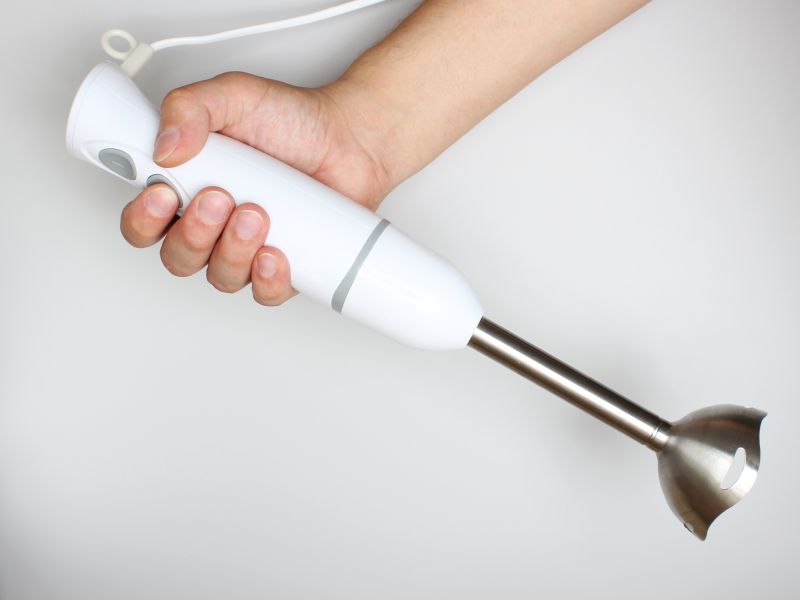
Doing the right amount of exercise every day is a top health goal. To make sure you’re getting all the right types of exercise, you want to get familiar with these key exercise terms. Then you can be sure these activities are all part of your weekly plan. Aerobic Exercise, AKA Cardio Aerobic exercise means… read on >


















